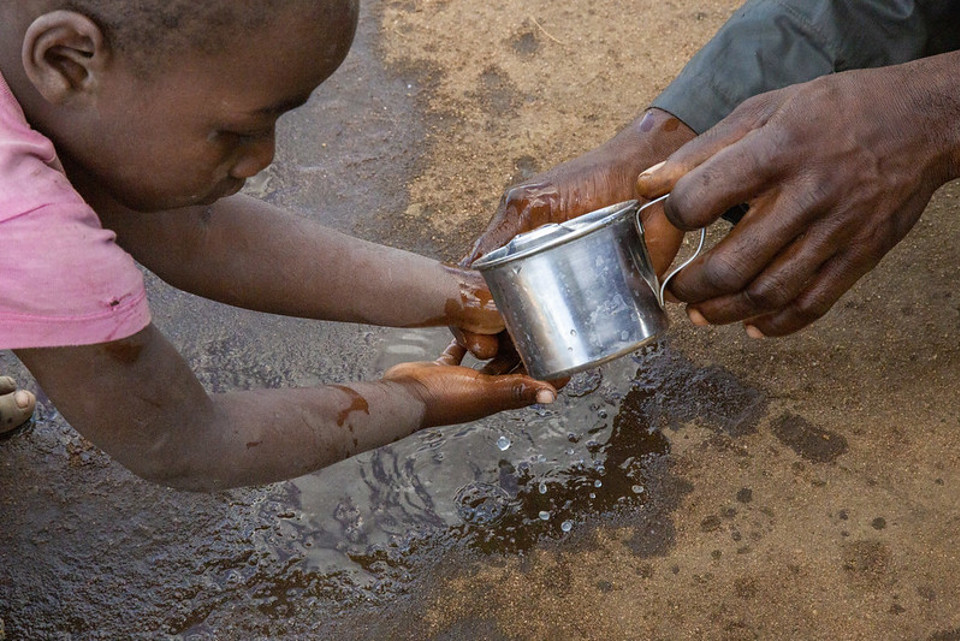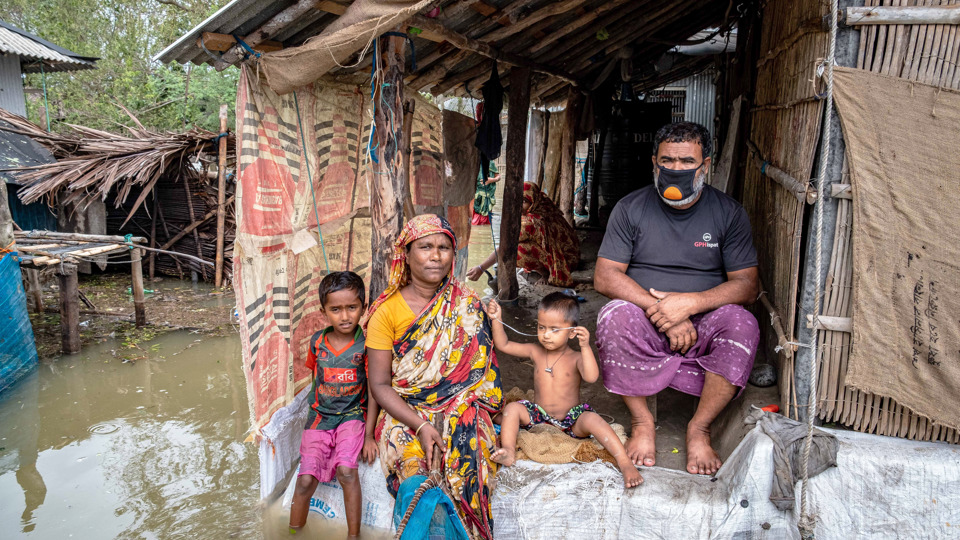What causes poverty?
Why are people poor? Why do so many human beings live in such desperate circumstances, while others are flourishing? To end poverty for good, we must first understand what causes it, and what factors exacerbate it.

Photo Credit: Caritas Australia

After floods and emergency displacements, families in Mozambique are at risk of water-borne and hygiene related diseases like cholera and diarrhoea. Photo: Dooshima Tsee/Caritas Internationalis
Poverty is complex
"It is not hopelessness that causes poverty; it is poverty that causes hopelessness."
The causes of poverty are complex, and interlinked. We could say, for example, that historical circumstances – such as wars – create poverty, but even during wartime, certain groups of people are more likely to fall into destitution than others.
Historical events alone do not provide a full explanation. Ethnicity, gender, age, (dis)abilities, economics, social systems and cultural attitudes all play a part.
On top of these ‘man-made’ differences, geographic location also matters. Where you live in the world, and whether or not that place is prone to extreme weather events – earthquakes, tsunamis, typhoons, droughts, even climate change – can have a huge influence on whether or not you experience poverty.
Most of the time, it is a combination of factors that create poverty, almost all of which are outside of any one individual’s – or even a community’s – control. The important thing to remember is that poverty is not a choice.
“The who have a voice must speak for those who are voiceless.”

There is no justice in poverty
Nobody deserves it. Nobody wants it, or asks for it.
That’s why Caritas Australia continually seeks justice, alongside ending poverty. Because this is what those experiencing poverty really need: radical changes to the unjust systems, ideologies and prejudices that keep them locked into disadvantage.
"Being unwanted, unloved, uncared for, forgotten by everybody... I think that is a much greater hunger, a much greater poverty, than the person who has nothing to eat."
Factors that entrench poverty
It would be impossible to list all of the causes and factors that keep poverty alive in our world. Below, you can see some of the main ones that Caritas Australia confronts every day, in our work with the most marginalised.
Health factors
Poor health, HIV/AIDs and other communicable diseases, Disabilities, Poor sanitation
Political factors
Indigenous injustice, Conflicts and wars
Natural factors
Natural disasters, Climate change, Unclean water
Structural/Social factors
Gender inequalities, Systemic racism, Ageism, Disability discrimination, Lack of education












